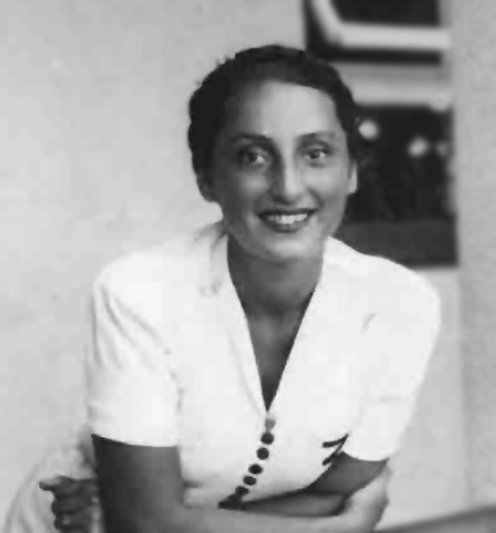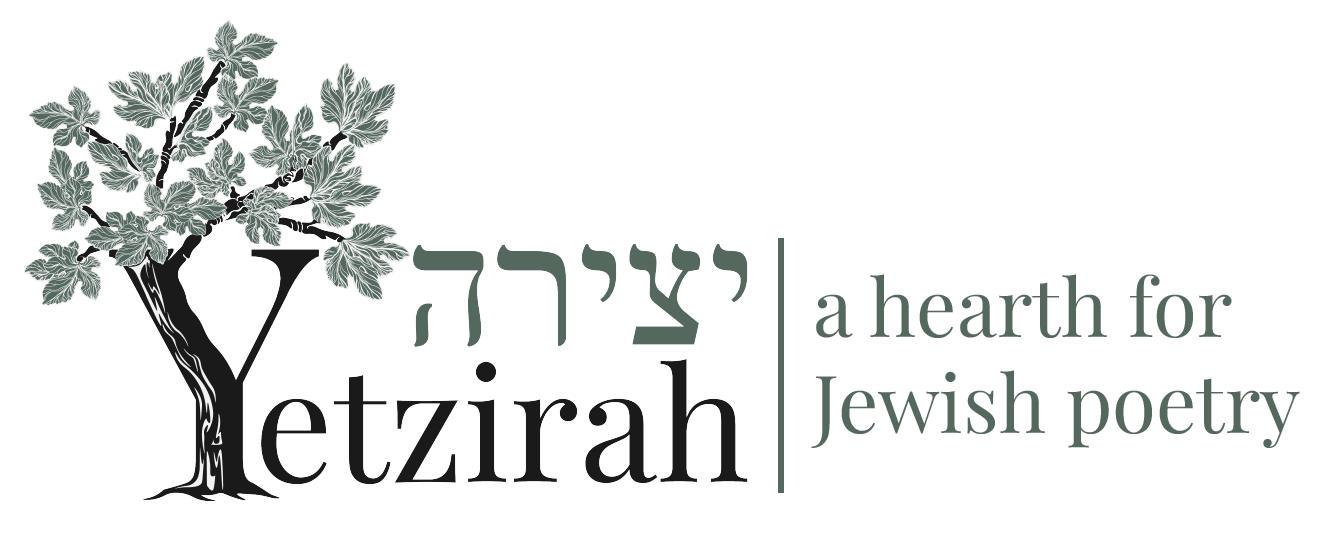
Zuzanna Ginczanka
Birth City, State, Country
Biography
Zuzanna Ginczanka (1917-1945) was a Polish-Jewish poet of the interwar period. She was born in the tumultuous year of the October Revolution, and her parents subsequently left her orphaned in the midst of the First World War to be raised by her grandmother in the Yiddish-speaking town of Równe, Poland (today part of Western Ukraine). She began writing poems at the age of four, published her first poems at fourteen, and was nationally recognized for her poetry by sixteen. Her first and only collection, On Centaurs, was widely lauded in Poland when it was released in 1936 when she was nineteen years of age. She was arrested in Kraków in 1944. Tragically, she was shot by the Gestapo no more than a few days before Kraków was liberated by the Soviets on 18 January 1945. She died at the age of twenty-seven.
What is the relationship between Judaism and/or Jewish culture and your poetry?
Throughout Ginczanka’s life, her beauty and her “exoticism” as a Jewish woman would inspire jealousy, as well as her internalized sense that she led a life at once observed and barraged by others, traces of which we see for instance in her early poem “From Behind the Barricades,” written when she was seventeen years of age (\’you look into my eyes like glass panes, like / unbroken boundary panes / and you don’t / know at all how in thought I cry out: free me, / dear, save and deliver me –”\’).
Later, in her masterpiece 1936 collection, the only book she published during her lifetime, she contemplates her relationship with God, faith, and her Jewishness, interrogating the precepts of Genesis, for instance, by instead reversing its origin story. Constructing an entire mythology of her own, she seizes upon Biblical imagery and puts it in communication with her geological and cosmological obsessions, enabling her owncomplex creation myths to rear their monstrous heads.
The poet moved to Lwów in late 1939, believing it would be easier for her to escape rampant anti-Semitism in a big city. She reentered literary life in 1940 after being admitted to the Union of Soviet Writers of Ukraine. During this time, she translated poetry between Ukrainian and Polish. The Lwów ghetto was established in the fall of 1941. Groups of three at a time, often one Gestapo officer and two Ukrainian policemen, conducted searches for Jews in Lwów’s tenement houses. In August 1942, the decision was made to liquidate the ghetto and exterminate all the Jews there.
Despite these harrowing circumstances, Ginczanka delayed her escape abroad, and it is not entirely clear why, since she could not count on her safety at her apartment where she stayed on Jabłonowski Street. It may be that she initially wanted to be with her grandmother, but she later learned her grandmother died of a heart attack on her way to an execution site for Volhynian Jews.
Although Ginczanka was denounced by the Chomins, the tenants in her building, she managed to elude capture several times by bribing the Nazi officers who came for her. Ginczanka spent much of the time locked inside in the bathroom, where a gas supply had been installed and she could keep warm. She slept in the bathtub, for fear of being hunted at night.
It was at this lonely time spent in hiding, when she was anticipating her own arrest, that she likely wrote the poem “Non Omnis Moriar,” the last of her poems that have survived. Scholars point to its allusions to Horace’s “Exegi monumentum” and Juliusz Słowacki\’s “My Testament,” and also to its intricate tone. In the words of scholar Tadeusz Dąbrowski, “while full of sarcasm, this denunciation of her own betrayers […] is maddeningly merciful. There is not a shadow of aggression towards the looters […]. They are treated as worms, an indispensable link in the circulation of matter.\”
The consensus is that Ginczanka was shot in January of 1945, shortly before the Soviets entered Warsaw on January 17, 1945 and the war ended. The trial against Zofia Chominowa and her son Marian Chomin, who turned Ginczanka into the authorities, took place after the war, from 1945 to 1948, resulting in the former being sentenced to four years in prison and the latter being acquitted. Remarkably, Ginczanka’s poem “Non Omnis Moriar” was used as Ginczanka’s testament against her accusers in the trial.
Different translators have approached rendering \”Non Omnis Moriar\” differently, given its complicated set of tones: redemptive, forgiving, angered. See here for an interesting comparison between two translations.
Published Works
O centaurach (1936)
Firebird, English translation by Alissa Valles (NYRB Poets, 2023)
On Centaurs and Other Poems, English translation by Alex Braslavsky (World Poetry Books, 2023)
Other translations forthcoming by Joanna Trzeciak Huss and Mira Rosenthal.
